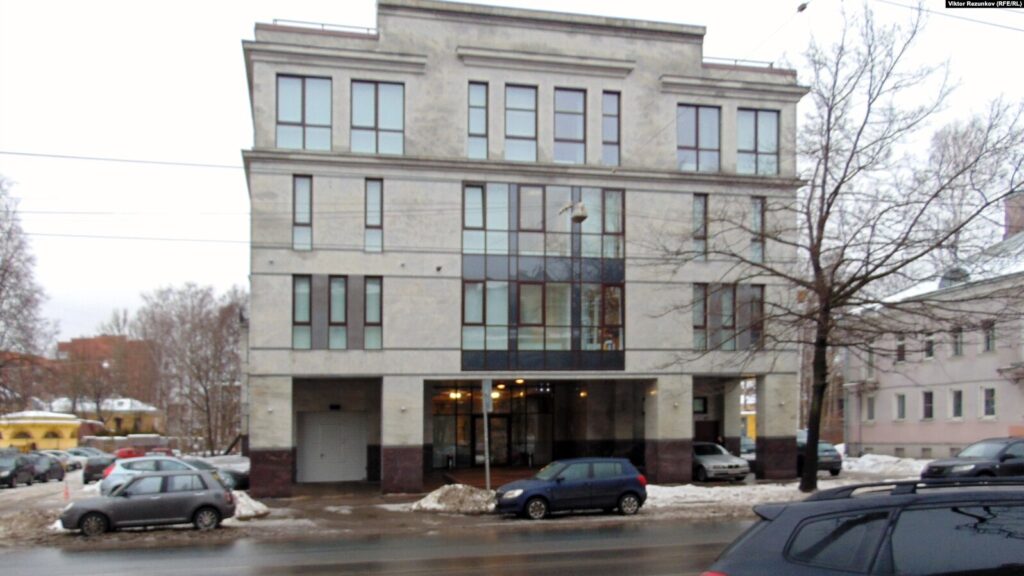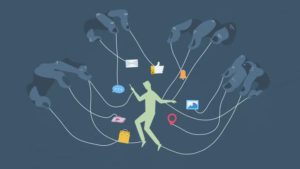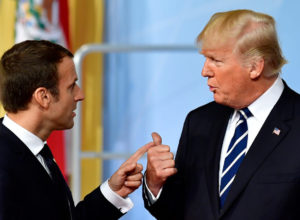
In 2016, Americans used hashtags such as #politics, #maga, and #Trump to communicate in anticipation of the upcoming presidential election. They didn’t realize they were actually speaking to Russian trolls, paid to influence the results of the election from an office building in St. Petersburg. This was the moment the Internet Research Agency (IRA), dubbed a “troll factory”, entered – then, for the most part, exited – the American public consciousness.
For Russians, it never left.
Domestically, the IRA is concerned with a process called “neutrollization”. IRA trolls, pretending to be average fellow citizens, spam online platforms with disorienting information to prevent political engagement. This “spam” ranges from unrelated thoughts interrupting genuine conversation, to the spread of radical, confusing, and otherwise baseless conspiracies. The goal is to create an atmosphere of meaningless discourse and frustration that results in the internet, which functions as the main platform for civilian political discourse in many parts of the world, becoming an incredibly uncomfortable and stifling environment. It’s not just that Russians can’t productively discuss politics – it’s that they no longer want to.
For the president of the Russian Federation, Vladimir Putin, this is a good thing: Russians’ ability to propagate criticism of his regime on the internet is cut at its roots without the need to overtly limit internet use. This is important because most Russians want to believe they live in a democratic country. But, I believe the psychological effects of neutrollization run deeper than that. Neutrollization creates the perfect environment for Putin to follow in the footsteps of his predecessor, Josef Stalin, in creating a cult of personality, or a dependence and godlike glorification of an individual.
Between 1922 and 1952, Stalin’s cult of personality flourished. He rarely ate or drank in public (activities of mere mortals), his soldiers fought “for Stalin!” in the Second World War and posters and photographs of him with Russian children circulated in vast quantities. Stalin was, in other words, a fatherlike source of ultimate protection to every last Soviet comrade.
Since Putin came into power in 2000, he’s been building up his own cult of personality and, like Stalin, he’s playing the protective paternal role.
In context of the Russia-Ukraine war, this is best observed through his speeches – most notably his Presidential Address from February 24, 2022 – in which Putin explains that “Russophobic” Western countries are expanding their empire and heavily implies that their goal is to eliminate the Russian physical and cultural existence as a whole. Ordinary citizens are meant to feel misunderstood, uncertain, helpless. But then, “Papa Putin” says that he has it covered – he’s created a plan to protect all Russians from Western threats. He’s launching a special military operation. Such speeches exploit Russians’ fears, creating the sense that Putin (and only Putin) can save Russia from its otherwise inevitable downfall.
This is where neutrollization comes back into the picture. Since the general mayhem caused by trolls renders politics an unwelcome arena to Russians, they become all the more willing to leave the task to someone else. At the same time, the conspiracies spread by trolls, typically speculating on terrorist activity or ostensible Western hatred of Russia, don’t just disorient people on the internet: they provoke fear. But while speeches eventually end, activity on the internet does not. Neutrollization ensures that Russians are bombarded with frightening messages on a minute-to-minute basis. To Russians existing in this perceived state of constant catastrophe, Putin’s promises of protection become even more effective, exacerbating the dependence they feel on their “father figure” president and generating comparative levels of support to those in Stalin’s time, all while maintaining the façade of a democratic internet.
So, would Russians support Putin without the internet? While their raw, untampered feelings remain unknown, I don’t believe his base of supporters would be quite so large or loyal. Without the internet, Putin’s cult of personality would have had to come from old-school methods of propaganda emblematic of a stereotypical authoritarian regime – posters, pamphlets, parades and the like. In a population that overwhelmingly wants to be democratic, that would not have lasted long.



